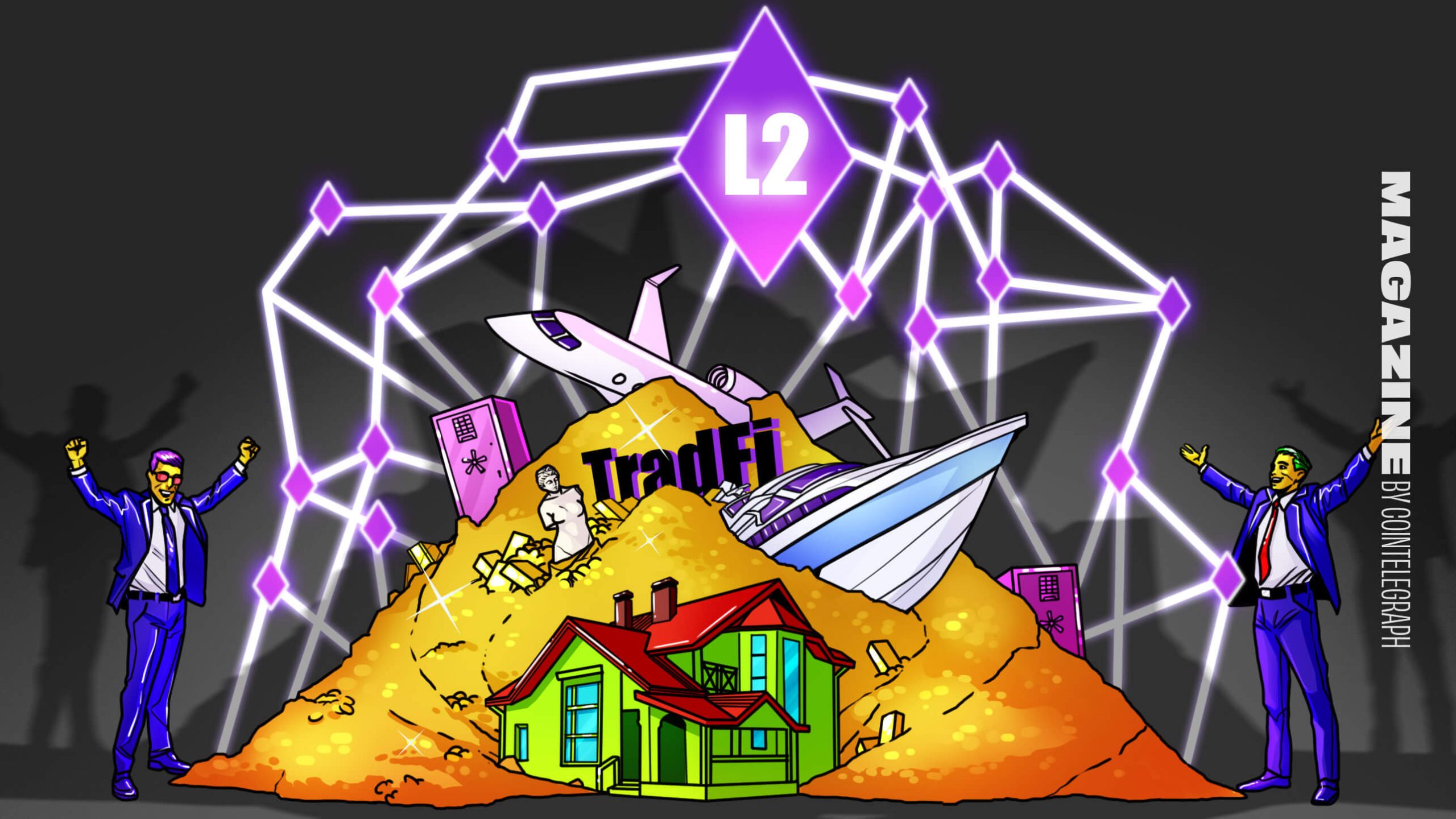Australia and New Zealand Banking Group ANZ is close to releasing its Australian dollar-pegged stablecoin, A$DC, following a successful test transaction on Chainlink.
In a statement, ANZ’s banking service portfolio lead, Nigel Dobson, said they see high potential in tokenizing real-world assets (RWA) like the Australian dollar on-chain. According to Dobson, the stablecoin’s test transaction on Chainlink’s cross-chain interoperability protocol (CCIP) marks a milestone for the bank.
ANZ Bank Explore Suitable Networks To Launch Stablecoin
In the statement, Dobson also revealed that ANZ is exploring several networks to determine the best platform for its stablecoin. The Chainlink CCIP test transaction simulated how the ANZ-issued NZ dollar-denominated stablecoin can facilitate the purchase of a tokenized asset.
According to the executive, real-world assets tokenization can transform the banking industry if applied the right way, and he stated that the bank has learned valuable lessons from its work with the A$DC stablecoin and real-world assets tokenization.
It is worth mentioning that the Australia and New Zealand Banking Group minted its first A$DC stablecoin in March 2022. Later, the National Australian Bank (NAB) followed with the launch of its AUDN stablecoin on the Ethereum network in January 2023.
Australian Banks Grow Wary Of Crypto-Related Transactions
Crypto scams and fraud have become increasingly prevalent in recent times. This has increased regulatory scrutiny on crypto exchanges and Australia is one of many jurisdictions that has grown wary of cryptocurrency transactions due to the increased incidence of crypto scams.
Even with the increasing adoption of asset tokenization and stablecoins, top banks in Australia have imposed restrictions on crypto transactions.
NAB, Westpac Bendigo Bank, and Commonwealth Bank of Australia blocked bank transfers to several crypto exchanges. The banks cited the move as an aim to protect users against crypto scams as the exchanges were tagged as high-risk.
Also, in June, Australia’s largest bank, Commonwealth Bank (CBA), imposed temporary restrictions on some payments to crypto exchanges, citing scam concerns.
The CBA’s move came after another top Australian bank, Westpac, stopped its customers from transacting with Binance exchange. However, it did not specify the category of crypto payments affected. The bank only disclosed that its move is part of new measures to mitigate the risks of fraud and scams.
A report disclosed that $700,000 in stolen (scam) funds leave the CBA daily to crypto exchanges. As a result, the CBA set a limit of $10,000 per month on customers sending money to crypto exchanges to buy cryptocurrencies.
Meanwhile, in another development in July, the NAB announced new measures to protect customers against fraud. As part of this fraud-protection strategy, between March and July 2023, the NAB halted millions in crypto payments. Additionally, the bank announced plans to introduce restrictions on certain crypto platforms used by scammers to launder stolen funds.
Also, earlier this year, US banking regulators warned banks of cryptocurrency risks, including fraud and scams. The regulators warned that dealing with crypto assets makes banks vulnerable to huge risks, including contagion, fraud, and scams.

You can get bonuses upto $100 FREE BONUS when you:
💰 Install these recommended apps:
💲 SocialGood - 100% Crypto Back on Everyday Shopping
💲 xPortal - The DeFi For The Next Billion
💲 CryptoTab Browser - Lightweight, fast, and ready to mine!
💰 Register on these recommended exchanges:
🟡 Binance🟡 Bitfinex🟡 Bitmart🟡 Bittrex🟡 Bitget
🟡 CoinEx🟡 Crypto.com🟡 Gate.io🟡 Huobi🟡 Kucoin.




















Comments